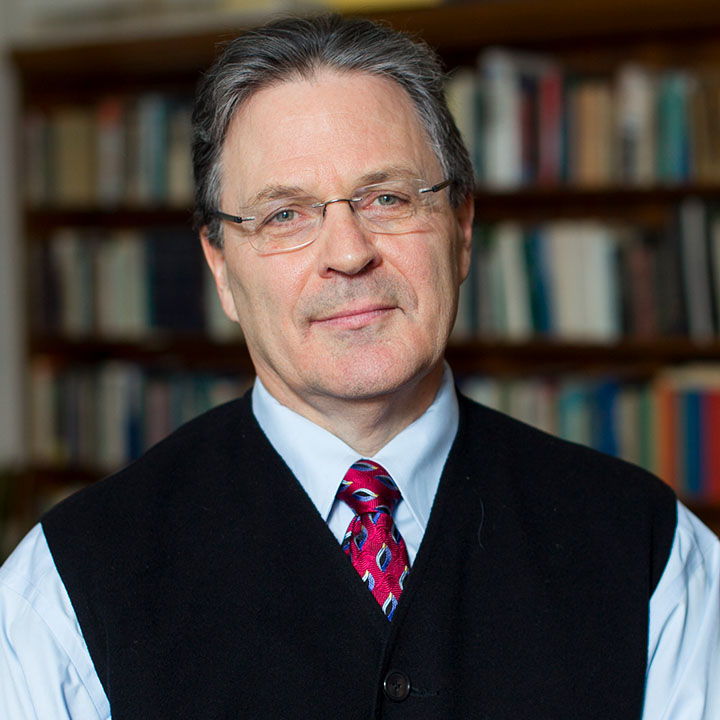Davis Baird, Professor of Philosophy, was Clark’s Provost from 2010 until 2021. He came to Clark in 2010 from the University of South Carolina, where he served on the faculty for 28 years (1982-2010). During his time at South Carolina he was Dean of the South Carolina Honors College for five years (2005-2010) and he chaired the Philosophy Department for 13 years (1992-2005). From 2004 until his departure to Clark he was the Louise Fry Scudder Professor of Philosophy.
Before his time at South Carolina, he was Visiting Assistant Professor at the University of Arizona (1981-82), where he taught after receiving his Ph.D. in philosophy of science, language and logic from Stanford University (1981). He also holds a master’s degree in philosophy of science from Stanford (1981), and a bachelor’s degree in mathematics and philosophy from Brandeis University (1976).
As Provost, Baird was a principal architect of Clark’s Liberal Education and Effective Practice [LEEP] model for undergraduate education. He also worked to expand Clark’s professional graduate studies footprint. He was a primary driver behind the creation and launch of Clark’s Office of Diversity and Inclusion.
Baird’s research has focused on the history and philosophy of science and technology. During the 2000s he led an interdisciplinary team of researchers working on the societal implications of emerging nanotechnologies. As Principal Investigator, he has received more than $3.0 million in funding from the National Science Foundation. His specific focus with this work concerned the function of scientific images, particularly images of nanoscale objects. He also conducted research on the commercialization of scientific knowledge.
Prior to his work on nanotechnology, Baird’s research focused on the history and philosophy of scientific instruments. He is interested in the epistemology of scientific instruments, that is, how the things that we make express our knowledge. His book Thing Knowledge: A Philosophy of Scientific Instruments (University of California Press, 2004) won the 2006 Paul Bunge Prize. As the son of Walter Baird, co-founder of one of the early developers of spectrographic instrumentation (Baird Associates, founded 1936), he follows a familial interest.
Baird currently is working on a different family inheritance. His grandfather, Earl Clement Davis (1876-1953) was a Unitarian minister from 1905 until his death, the last 20 years at the First Parish Church in Petersham, Massachusetts. Baird is editing a trunk-full of his grandfather’s sermons and other writings as part of an examination of liberal Christian religion in the first half of the twentieth Century.
Baird is the author of Inductive Logic: Inferring the Unknown (Prentice Hall, 1992; Pearson Publishing, 1999) and is co-editor of Discovering the Nanoscale (IOS press, 2004) and of two collections published in the Boston Studies in the Philosophy of Science series: Heinrich Hertz: Classical Physicist, Modern Philosopher (Kluwer, 1994) and Philosophy of Chemistry: Synthesis of a New Discipline (Springer, 2006).


